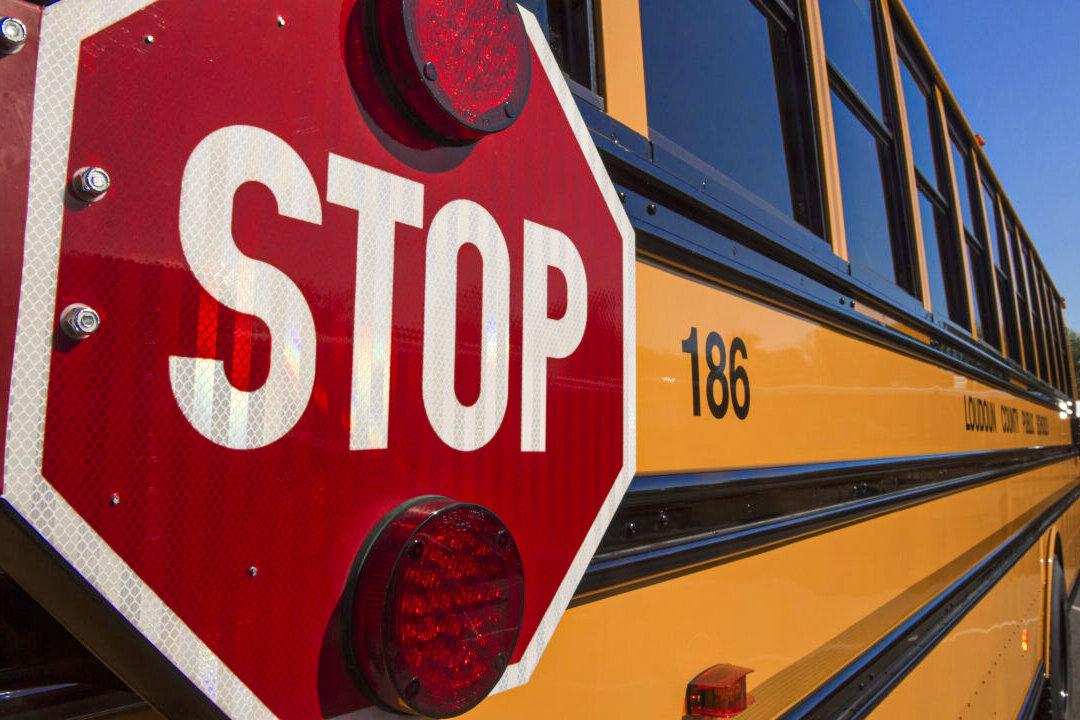Starting next week, public school students in Flint, Michigan, will attend classes online from home indefinitely, according to school district officials.
In a Jan. 19 message to students and parents, Flint Community Schools Superintendent Kevelin Jones said the decision was made after discussion with local health officials and based on the rising number of COVID-19 cases in Genesee County and the state of Michigan.





